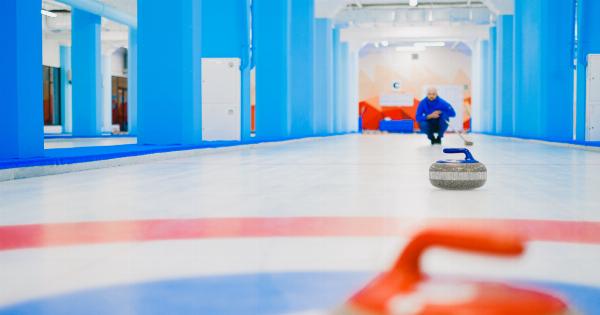Dementia is a condition that affects millions of people worldwide. It is a progressive disease that gradually affects the brain’s ability to function properly, leading to memory loss, confusion, and difficulty carrying out day-to-day activities.
Unfortunately, there is no cure for dementia, but there are ways to manage the symptoms to make life easier for those affected by it. In this article, we will explore some ways to manage dementia and improve the quality of life for those living with the condition.
Creating a Routine
One way to make life easier for someone with dementia is by creating a routine for them. Routines provide structure and familiarity, which can reduce confusion and anxiety. Consistency is key when creating a routine.
Try to have a set schedule for meal times, bathing, and other activities. Make sure to keep the routine as simple as possible and do not overload it with too many activities or tasks.
Using Visual Aids
Visual aids can be very helpful for someone with dementia. Using pictures, labels, and signs can make it easier for them to find their way around the house.
It can also help them to remember important information, such as the location of the bathroom or where their bedroom is. Using color coding or labeling can also aid in organizing their belongings or reminding them of certain tasks.
Encouraging Socialization
Being socially engaged is important for everyone’s mental health, especially those with dementia. Encouraging socialization can help to reduce feelings of loneliness and isolation.
Activities such as painting, listening to music, or playing games can help to stimulate the brain and improve mood. Group activities such as exercise classes or support groups can also provide a sense of community and social interaction.
Maximizing Safety
People with dementia can be prone to accidents and injuries. It is essential to maximize their safety by ensuring that the environment is safe and secure.
This may involve installing handrails in the bathroom or other areas where slips and falls are common. Removing clutter and unnecessary furniture can also reduce the risk of accidents. You may also want to consider obtaining a medical alert device that can be worn at all times.
Increasing Physical Activity
Regular physical activity can benefit those living with dementia. Exercise can improve mood, reduce anxiety, and combat depression. Exercise can also improve cardiovascular health and strengthen muscle tone, reducing the risk of falls and other accidents.
Encourage simple activities like walking or stretching, or take them to an exercise class specifically designed for seniors with dementia.
Providing Nutritious Meals
A nutritious diet is essential for overall health, especially for those living with dementia.
Providing meals that are high in fruits, vegetables, lean proteins, and healthy fats can improve brain function, reduce the risk of chronic diseases, and improve overall well-being. It is also essential to ensure they are drinking enough fluids to prevent dehydration.
Using Music Therapy
Music can be a powerful tool for those with dementia. It can improve mood, reduce anxiety, and even help with memory recall. Listening to familiar songs or music from their youth can trigger memories and create a sense of comfort and familiarity.
Music therapy can also be used to improve socialization skills, providing a sense of community and group engagement.
Using Reminiscence Therapy
Reminiscence therapy involves the use of prompts to help people with dementia recall and reflect on their past experiences. This can help improve mood, reduce anxiety, and create a sense of identity and purpose.
Reminiscence therapy can involve looking through photo albums, talking about past events, or even making items from the past, like scrapbooks or collages.
Using Technology
Technology can be a useful tool for those with dementia. It can aid in communication, provide entertainment, and help with daily tasks. Simple devices like voice-activated assistants can be used to set reminders and alarms or answer questions.
Smartphones and tablets can also be used to provide stimulation and entertainment, such as playing games or watching videos. Some devices are also designed specifically for those with dementia, like GPS trackers to help locate individuals who may wander off or get lost.
Conclusion
Living with dementia can be a challenging and isolating experience. However, with the right strategies and support, individuals with dementia can lead fulfilling and meaningful lives.
Creating a routine, using visual aids, encouraging socialization, maximizing safety, increasing physical activity, providing nutritious meals, using music therapy, using reminiscence therapy, and using technology are all ways to make life more manageable for those living with dementia.




















